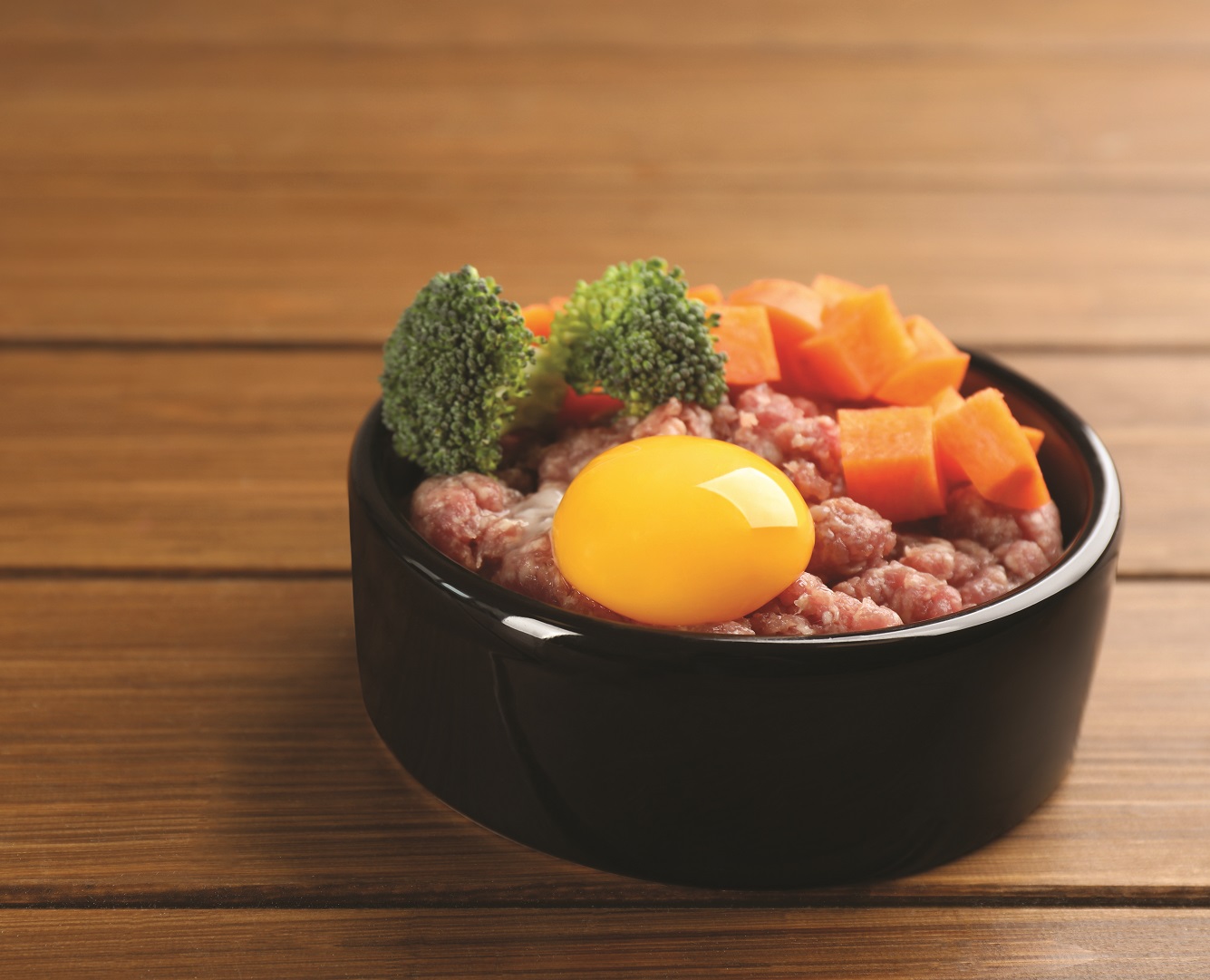Do you cook for your pet? Ballito-based microbiologist, cellular biologist and canine nutritionist Venusha Moodley-Nirmal from Little Angels Pet Nutrition, shares some great tips on pet nutrition and how eliminating processed food can change your pet’s life.
Just like cooking for your family, preparing a homemade meal for your pet is an expression of love. It’s also, according to Venusha, a great way to save money and improve your pet’s health.
“Preparing your pet’s food yourself means you can reduce or eliminate the ultra-processed pet food we get out of a bag. However, to make your own food you need to be confident that you are providing all nutrients required by your pet.”

Venusha says homemade food (if comprising more than a quarter of the bowl) must contain all 20 amino acids required by your pet and all macronutrients and micronutrients to sustain life. It is also important, she says, that these diets do not contain rice and should be low in high GI veggies.
“I see far too many diets that are high in carbohydrates and low in protein. A few nutrients that I often see missing in these diets are calcium, zinc, manganese, and omega 3s. The deficiencies can cause long-term nutritional issues and affect your pet’s quality of life.”
DITCH THAT ITCH
Around this time of the year, Venusha says she sees an influx in itchy skin cases. “It’s an ailment that we have become accustomed to, but it’s actually not normal. For me, the root of itchy skin (or any skin issue) is usually in the gut. Heal the gut and you will see massive benefits for your pet’s skin.”
So, how do we do that? “Your pet’s gut processes and digests the food being consumed. It comprises of a population of bacteria (gut microbiome) that work to ensure digestion and nutrient uptake is optimal. When this gut microbiome is unbalanced and not functioning effectively (this is called dysbiosis), we see tons of ailments in the pet, such as itchy skin, redness, increased inflammatory responses, poor digestion, diarrhea, constipation, vomiting and excessive pooping.” Venusha says normally these are treated symptomatically and the problem resolves for a few weeks but then recurs, because we have not treated the cause.
Here are her top tips for healthy gut microbiomes to relieve the itch:
1. Feed a diet with minimal carbohydrates (no rice, corn, wheat, high GI veggies etc) and more fresh foods;
2. Pro- and prebiotics are essential for pets and these should also be human grade – fermented foods (kefir, yoghurt, veggies) and soluble fiber (apples, berries, green bananas);
3. Reduce excessive inflammation by ensuring omega 3:6 ratio is balanced. Most pet foods lack in this area and we should be supplementing at home. I love using tinned pilchards or sardines in my pet’s meals or clients’ meal plans;
4. Keep exposure to toxins to an absolute minimum (such as de-wormers, tick and flea treatments);
5. Reduce excessive use of antibiotics and cortisone.
ABOUT VENUSHA:
 Venusha Moodley-Nirmal is a microbiologist, cellular biologist and canine nutritionist who spends her time assisting pet parents in navigating the world of pet nutrition. She consults on pet nutrition aspects with vets and the public and manufactures her own real pet food. V (as she’s known) owns Little Angels Pet Nutrition based in Ballito.
Venusha Moodley-Nirmal is a microbiologist, cellular biologist and canine nutritionist who spends her time assisting pet parents in navigating the world of pet nutrition. She consults on pet nutrition aspects with vets and the public and manufactures her own real pet food. V (as she’s known) owns Little Angels Pet Nutrition based in Ballito.
Details: www.littleangels.net.za
WIN:
We’re giving away a free consultation with Venusha and a bag of Little Angels pet food, valued at R1000.
To enter, find this post on our social media platforms (@GetItMagNC) and follow the prompts.



